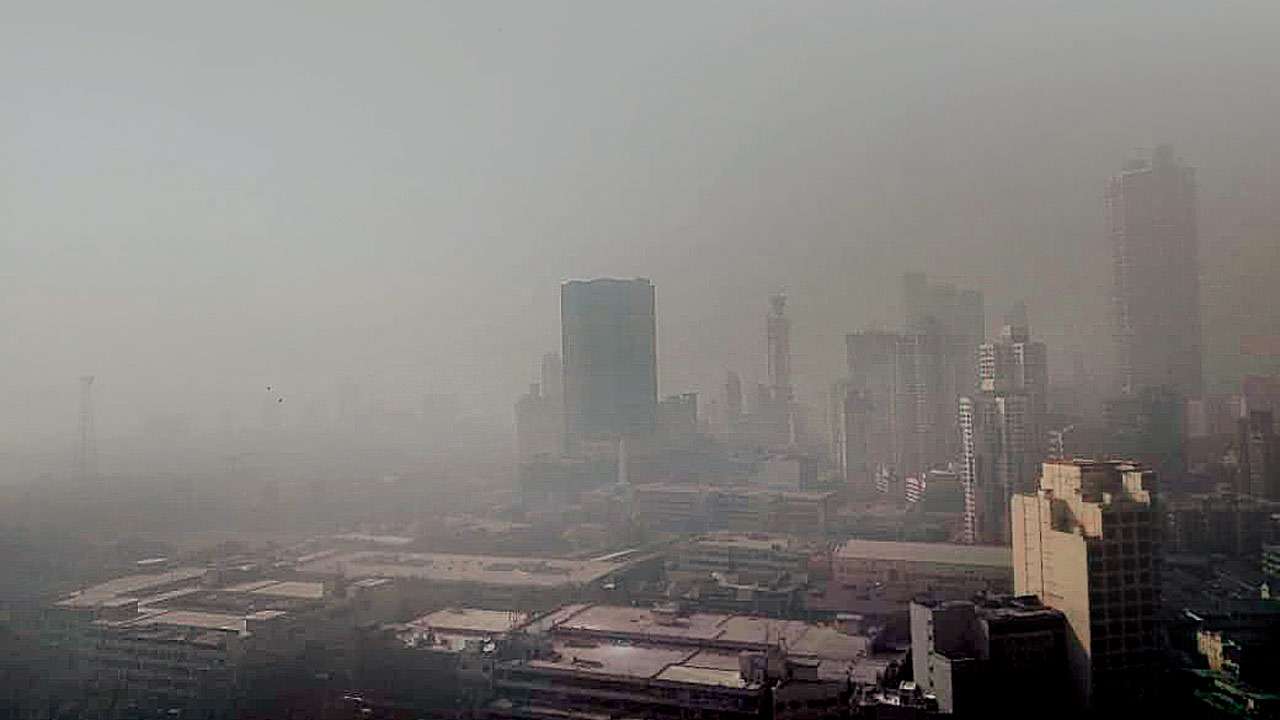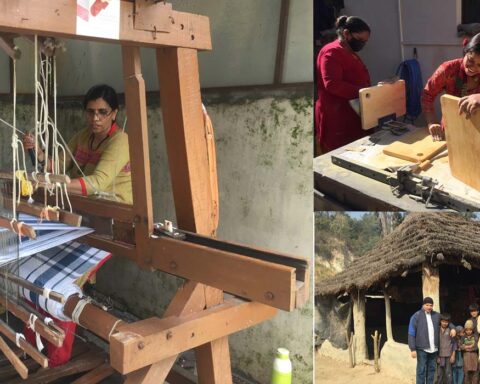In view of the significant deterioration in air quality of Delhi-NCR over the past few days, the sub-Committee for invoking actions under the Graded Response Action Plan (GRAP) of the Commission for Air Quality Management in NCR & Adjoining Areas (CAQM) held an emergency as the city’s overall Air Quality Index (AQI) crossed the 407 mark due to localised influence.
The commission comprehensively reviewed the ongoing restrictive and preventive actions implemented under Stage I and Stage II of the GRAP along with the impact of revocation of actions under Stage III on the overall air quality of the Delhi-NCR since November 14, 2022. While reviewing the overall air quality parameters, the sub-committee noted that due to sudden unfavourable meteorological conditions, it is considered necessary to re-implement Stage III of GRAP with immediate effect in the entire NCR as a pre-emptive measure to prevent further deterioration of air quality in the region.
As per the dynamic model and weather and meteorological forecast, this sudden spike is possibly due to localised factors therefore in an effort to steer clear of further deterioration of air quality and to maintain the AQI of Delhi, the call to re-invoke all actions as envisaged under Stage III of the GRAP —‘Severe’ Air Quality (DELHI AQI ranging between 401–450) has been taken by the sub-committee.
Accordingly, a nine-point action plan as per Stage III of GRAP is applicable with immediate effect from today in the entire NCR. This action plan includes steps to be implemented and ensured by different agencies and PCBs of NCR and DPCC.
Among the steps to improve the air quality include intensified frequency of mechanised/ vacuum-based sweeping of roads, daily water sprinkling along with use of dust suppressants, before peak traffic hours, on roads and right of ways including hotspots, heavy traffic corridors and proper disposal of the collected dust in designated sites/ landfills and intensification of public transport services with differential rates to encourage off-peak travel.
Ban on construction activity has also been reintroduced except for critical projects like Delhi metro work and . This includes enforcing a strict ban on construction and demolition activities in the entire NCR. Industrial units in certain sectors such as paper and pulp, paddy and rice milling, and textiles, garments and apparels, including dying have been instructed to be shut for at least two days in the week according to the days allocated for closure for each sector. Blanket ban has been reintroduced on brick kilns and hot mix plants operating on non-standard fuel, stone crushers and mining.

























